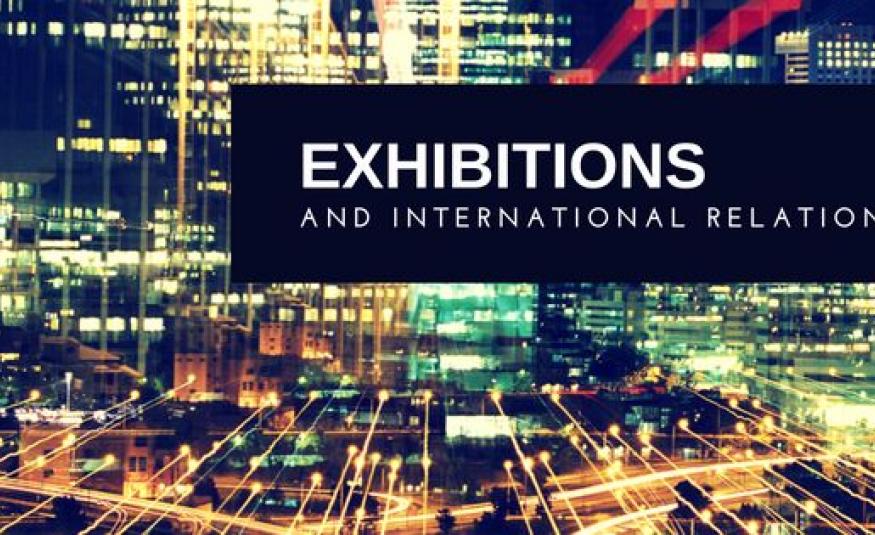Creating large international events does a great deal for the industries concerned. But such gatherings have greater political implications. How do business events help international relations?
Nothing marks the relevance of this better than a sitting US president travelling to Hannover, Germany, this year, to open the Hannover Messe with German chancellor Angela Merkel. Next to the ceremonial items on his agenda, president Obama spent most of his time promoting US companies and applauding and supporting exchange and transatlantic relationship building.
Exhibitions provide world marketplaces for trade and exchange. Activity on and around show floors is strongly linked to global economic developments. Ripples from events like the UK referendum or the current wave of terrorist attacks are felt in our industry, mirroring developments in other sectors.
When times are difficult, events are most important – as we saw in the global financial crisis of 2008/09. Trade shows will continue to unite different nations, cultures and religions, to work together and help their respective industries and economies to grow, overcoming prejudices and perceptions.
In this era of online hype, it’s easy to overlook the enduring contributions of trade shows to international relations. Organisers are the unsung pioneers of global commerce, facilitating bonds that cut across borders, languages, and politico-economic systems.
To look at a trade show and only see commerce is to underestimate face-to-face. The bonds of commerce, trust, and respect are inseparable. Dozens of marketing books boil down to one simple truth: people prefer to do business with people they like. Trade shows turn foreigners into friends.
Buyers and suppliers look to use trade shows as entry points to new markets, and it is completely unremarkable for a trade show to have both international attendees and exhibitors.
Intrepid organisers have made launching international events their mission. Where some view isolated societies with suspicion, these dogged visionaries see the benefits of commercial interactions among nations, organisations, and real flesh-and-blood human beings just like ourselves. It’s no secret that strong trading partners are unlikely to be enemies. In that light, trade shows are incubators of a more peaceful world.
Exhibitions, even at a modest size, can become touch-points between two governments keen to grow trade between their respective nations.
In 2015, exhibitions in Thailand reached new heights. This year the country expects to welcome 190,400 international exhibition delegates, generating 17bn baht.
TCEB – created at the instruction of the Thai government and dedicated to facilitating trade through exhibitions – is designed to help global organisations achieve their goals.
Essentially, the Thai government becomes a partner for the international companies coming to Thailand to do business. At the same time, many of these visiting exhibitors are themelves supported in their attendance by semi-governmental bodies keen to help grow select exportable industries. In effect, even at the exhibitor level there is cooperation between governments looking to help generate international trade.
Media coverage of the UK’s decision to exit the EU, and the subsequent worries over its isolation, demonstrate the value of a single economic community. The ability to trade easily with one another is a major uniting force for every country involved.









